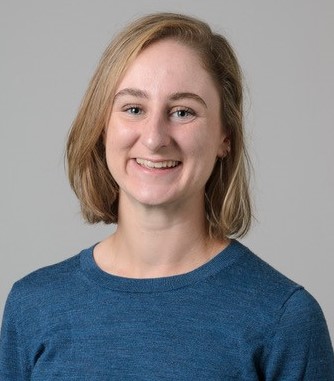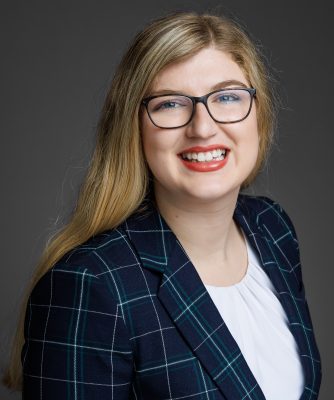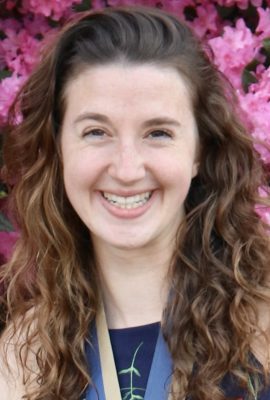Connecticut Sea Grant will sponsor three recent graduates of advanced degree environmental science programs as part of the 2025 class of of the National Oceanic and Atmospheric Administration’s National Sea Grant program John A. Knauss Marine Policy Fellowship.
The Knauss program, created in 1979, places early career professionals in federal agencies and legislative offices to apply their academic expertise to critical marine, coastal and Great Lakes Policy issues. This year 88 candiates were chosen, representing all 34 of the Sea Grant programs across the country.

The three 2024 Knauss fellows who will be managed by Connecticut Sea Grant are: Maddy Meadows-McDonnell, who expects to complete her doctorate in natural resources at UConn in December; Mari Cullerton, who recently completed her master’s degree in natural resources at UConn; and Christy Mueller, who recently completed her master’s degree in environmental management at Yale University.
“Connecticut Sea Grant is honored to support such a talented and competitive group of students for this year’s Knauss Fellowship,” said Syma Ebbin, research coordinator at Connecticut Sea Grant. “These individuals are going to get first-hand experience in the policy-science interface which will enrich their professional knowledge and skills and ultimately enhance governance of our marine and coastal systems.”
Meadows-McDonnell, who focused her PhD research on carbon cycling in salt marshes in response to tidal restrictions and restoration, said she is excited by the opportunty offered by the fellowship. She will be placed with a legislative office in Washington, D.C.
“I’m really passionate about protecting wetlands and about translating science into policy,” said Meadows-McDonnell, who is from Indianapolis.

Mueller, who will be placed with a federal agency, said she learned about the Knauss fellowship as an undergraduate and comes with a strong background both in marine and coastal science and environmental management and policy.
“In my junior year, my internship with the NOAA Office for Coastal Management gave me the opportunity to learn about how federal policy supports state and local level efforts,” said Mueller, who is from Klamath Falls, OR
Cullerton, who grew up in northwest Connecticut, will also be placed with a federal agency. Like the other two, she is excited by the chance for a hands-on experience putting her academic learning into practice.
“I realized that you can do science and research, but it’s not necessarily going to do anything unless you get it into policy,” she said.
The Knauss fellows are chosen for one-year paid positions through a competitive process that involved

review panels of national marine science, policy and education experts. Since its creation 45 years ago, the Knauss program has suported more than 1,660 students who have significantly contributed to environmental policy and management and built lasting careers.
“Every year, I am impressed with the quality of the applicants, their maturity, motivation, and readiness to contribute their knowledge to the policy arena,” said Sylvain De Guise, director of Connecticut Sea Grant. “The Knauss fellowship is a great opportunity to influence their careers.”
Connecticut Sea Grant, based at UConn’s Avery Point campus in Groton, is one of 34 Sea Grant programs supported by the National Oceanic and Atmospheric Administration in coastal and Great Lakes states that encourage the wise stewardship of our marine resources through research, education, outreach and technology transfer.
More information: Judy Benson, Connecticut Sea Grant communications coordinator: judy.benson@uconn.edu.